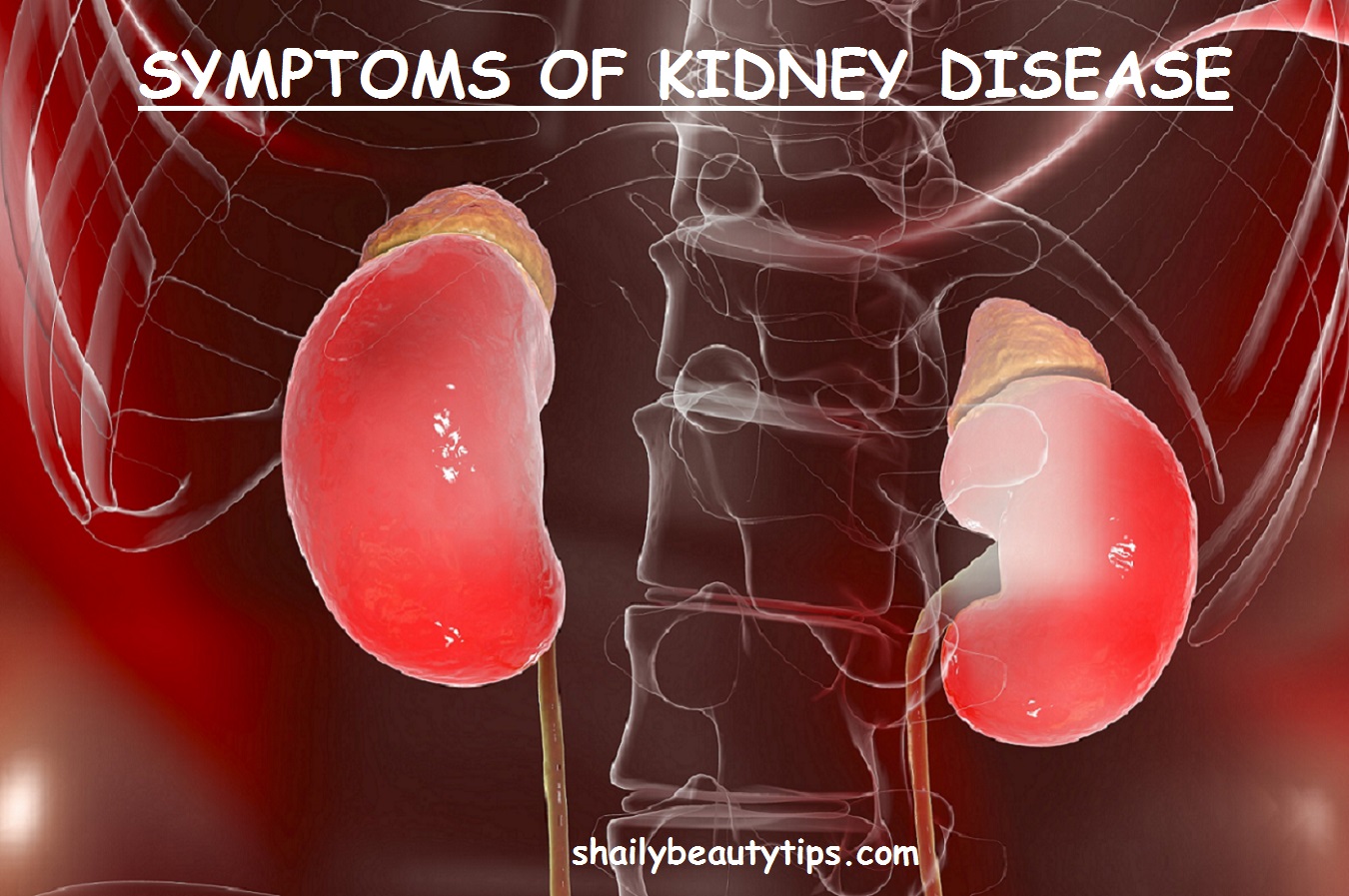Typical symptoms of kidney disease include proteinuria, hematuria, swelling (edema), hypertension, and changes in urine volume, but there are few subjective symptoms at the initial stage, and they are often found only after examination. The condition in which Tanda sakit buah pinggang progresses and the function of the kidneys declines is called renal failure, and it is roughly divided into acute renal failure that may recover and chronic renal failure that is unlikely to recover.
When renal failure occurs, waste products in the body cannot be excreted in the urine and harmful substances increase in the blood, and conversely, the components necessary for the body are excreted in the urine.In addition, water, electrolytes, and blood pressure cannot be regulated, and swelling may occur or blood pressure may rise.A deficiency of erythropoietin, a hormone that stimulates the production of red blood cells, can also cause anemia. When renal failure progresses to uremia, various symptoms such as dullness, nausea, loss of appetite, headache, dyspnea, and bleeding occur.
If You Have Renal Failure, You Will Have These Symptoms.
As kidney disease progresses and kidney function declines, a condition called chronic renal failure occurs. As chronic renal failure progresses, it becomes end-stage renal failure. Symptoms of renal failure vary from person to person, but they may not be subjective in the early stages and may not be noticed until after a physical examination or examination for other illnesses. As it progresses, various subjective symptoms appear, and if left untreated, hemodialysis, peritoneal dialysis, kidney transplantation, etc. will have to be performed. Here, we will explain about renal failure and general symptoms.
What Kind Of Disease Is Renal Failure?
As renal function declines, waste products are no longer excreted from the body, and kidney function cannot be fully fulfilled. If you do nothing, you will have end-stage renal disease and will have to undergo dialysis or a kidney transplant. Specifically, renal failure occurs when the function of the kidneys is 30% or less compared to when it is normal. Renal failure can be divided into two types, acute renal failure and chronic renal failure, depending on the course. Acute renal failure can take days to weeks, and chronic renal failure can slow down over years. Acute renal failure may be improved by treatment, but in the case of chronic renal failure, improvement by treatment is difficult in modern medicine.
When you have renal failure, you have to limit your diet and water. Further deterioration of kidney function will result in treatment (dialysis or kidney transplantation) that replaces the function of the kidney.
What Are The Symptoms Of Renal Failure?
Symptoms of acute and chronic renal failure may vary from person to person, but a common symptom is urinary abnormalities. The frequency of urination may be extremely increased or decreased, and urine may be different in color from normal urine.
The kidneys have the function of keeping the amount of water in the body constant, but their reduced function causes various symptoms because they cannot function normally. The first raw urine that is filtered by the kidneys is made 150 liters a day. However, by the time it is excreted as urine, 99% is absorbed into the body again, and the actual amount of urine excreted is about 1.5 liters.
When renal failure occurs and renal function declines, reabsorption becomes impossible and the amount of urine increases. Frequent urination occurs, such as having to go to the bathroom many times. If the symptoms worsen, you will not be able to make urine, and this time the amount of urine will decrease. When urine does not come out, the amount of water in the body increases, causing swelling, and water accumulates in places that normally do not accumulate in pleural effusion and ascites.
The amount of water in the blood vessels also increases, which raises blood pressure and puts a strain on the heart, causing symptoms such as shortness of breath and easy tiredness. A normal adult excretes about 1.5 liters of urine a day, so a normal guideline is 4 to 5 times a day, 7 to 8 times a day for many people, and the color is a pale yellow to wheat and transparent.
Recommended article


